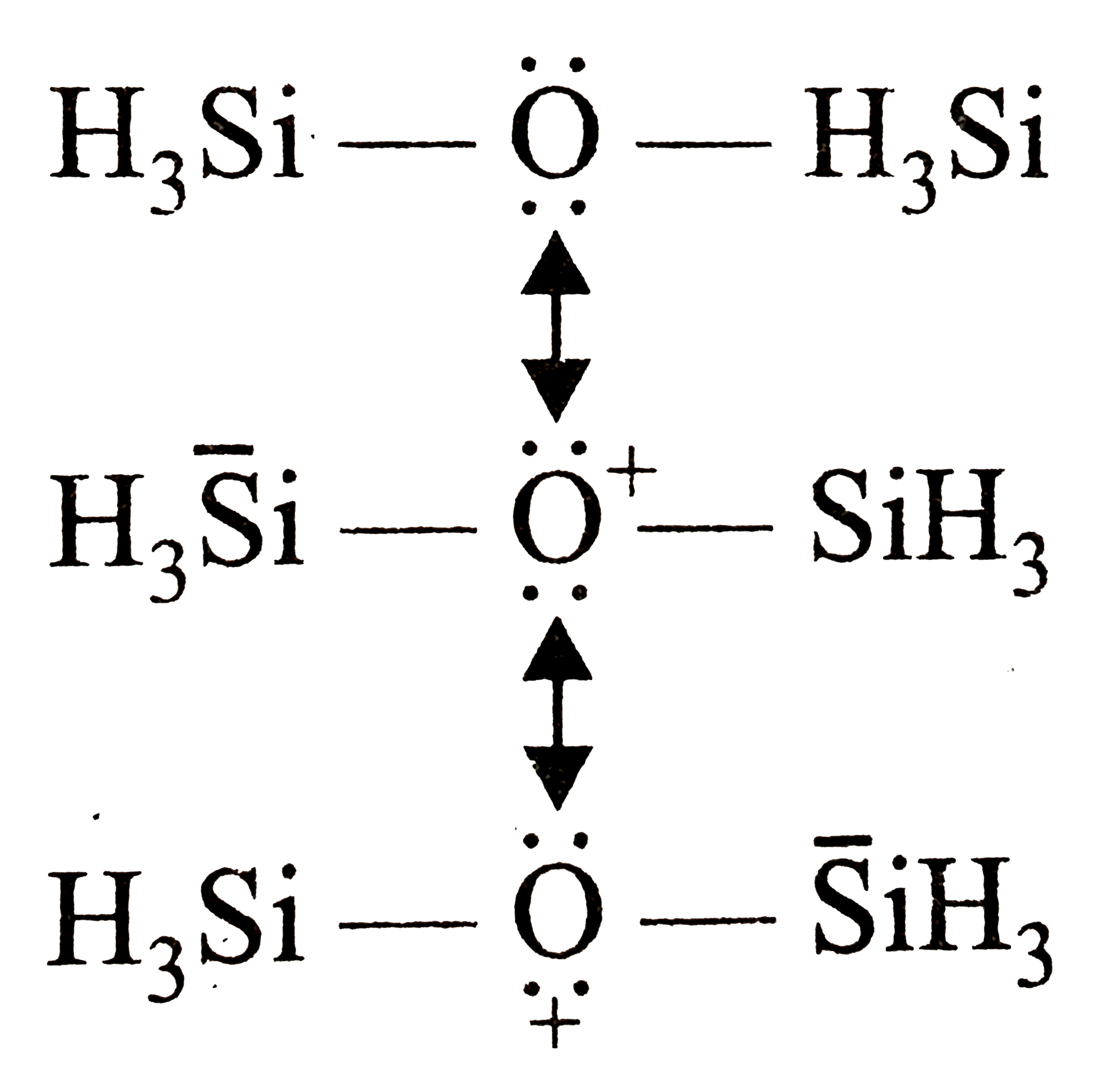d-block elements readily form complexes. Give reason.
Text Solution
(i) Transition elements (d-block elements) have a tendency to form coordination compounds (complexes) with a species that has an ability to donate an electron pair to form a coordinate covalent bond.
(ii) Transition metal ions are small and highly charged and they have vacant low energy orbitals to accept an electron pair donated by other groups. Due to these properties, transition metals form large number of complexes.
(iii) Examples: [Fe(CN)6]4−,[Co(NH3)]3+
|
Topper's Solved these Questions
- TRANSITION AND INNER TRANSITION ELEMENTSBOOK - FULL MARKSCHAPTER - TRANSITION AND INNER TRANSITION ELEMENTSEXERCISE - Additional Questions (IX. 3 Mark Questions.)
18 Videos
- TRANSITION AND INNER TRANSITION ELEMENTSBOOK - FULL MARKSCHAPTER - TRANSITION AND INNER TRANSITION ELEMENTSEXERCISE - Additional Questions (X. 5 Mark Questions.)
4 Videos
- TRANSITION AND INNER TRANSITION ELEMENTSBOOK - FULL MARKSCHAPTER - TRANSITION AND INNER TRANSITION ELEMENTSEXERCISE - Additional Questions (VII. Find out the incorrect pair)
2 Videos
- SURFACE CHEMISTRYBOOK - FULL MARKSCHAPTER - SURFACE CHEMISTRYEXERCISE - ADDITIONAL QUESTIONS (5 Marks questions)
12 Videos
Similar Questions
Knowledge Check
d block elements mostly form
Acoloured ionsBcolourless ionsCwhite coloured ionsDnone of the aboveThe ability of d-block elements to form complexes is due to:
ASmall and gighly charged ionsBVacant low energy orbitals to accept lone pair of electrons from ligandsCLow polarising power of cationDNone is correctThe ability of d-block elements to form complexes is due to
Asmall and highly charged ionsBVacant low energy orbital ot accept 1one pair of electrons from ligandsCBoth (a) and (b) are correctDNone of the above
Introduction of d-block elements: - position in periodic table| Trick to learn d-block elements and d-block elements vs transition elements
View SolutionWhat are the d- block elements? Write any four properties of d - block elements and give their general outer electronic configuration.
View Solutiond-block elements have tendency for complex formation because of
View SolutionThe d−block elements easily form alloys because-
View SolutionAssertion :dimenthyl ether and disilyl ether both readily form complexes with trimethyl borane.
Reason : .
.
View Solution
